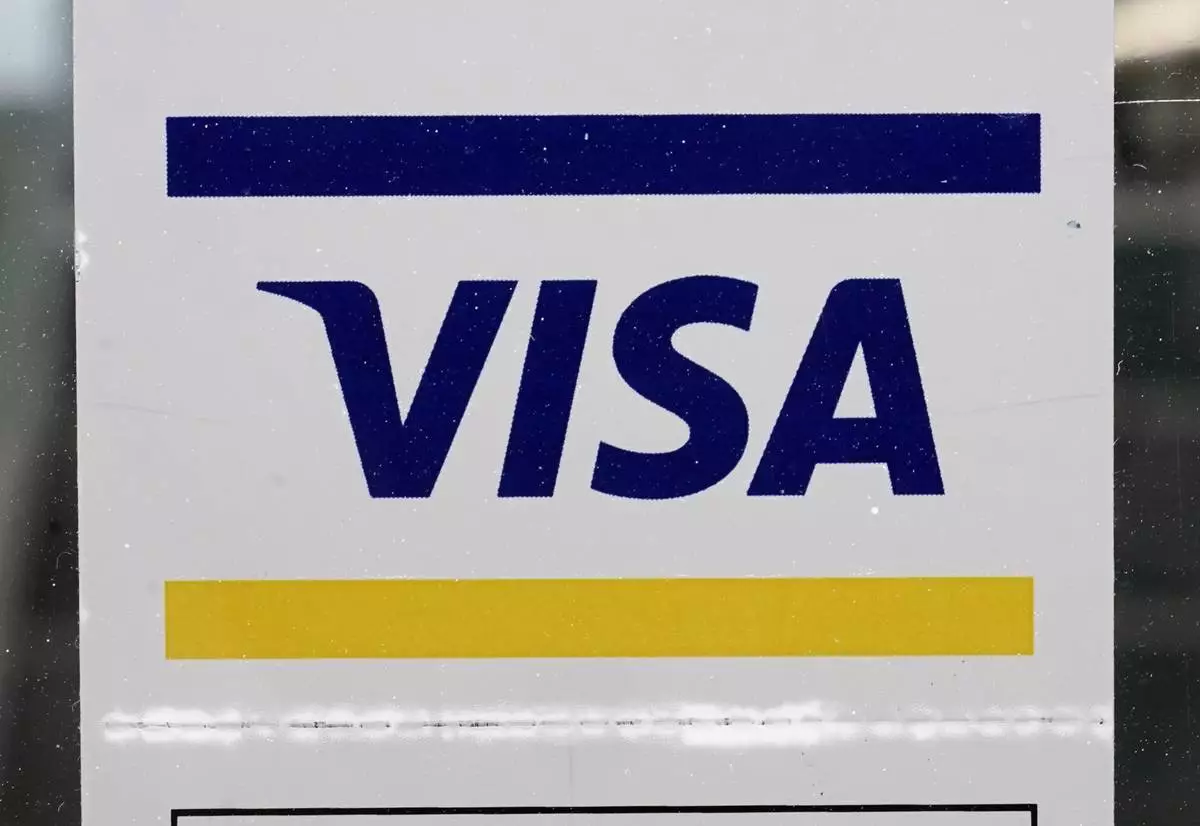The Government is committed to promoting fintech development in Hong Kong, to enhance the competitiveness of its financial services industry and accelerate digitalisation.

Video screenshot from news.gov.hk
To support the Government’s strategy, Invest Hong Kong actively assists enterprises in the sector in setting up or expanding their business in Hong Kong.
In the first eight months of this year, the department gave assistance to 59 fintech companies from 12 economies, including the Mainland, the US, France, Singapore, Canada and the UK. This represented a 44% increase in the number of companies compared to the same period in 2023.

Video screenshot from news.gov.hk
Tech base
Invest Hong Kong’s Global Head of Financial Services, Fintech & Sustainability King Leung described this as great news for Hong Kong, with the firms bringing investment and job opportunities to the city, in addition to helping to grow its reservoir of fintech expertise.
He noted that a leading digital banking firm based in Shenzhen, has set up its technology company headquarters in Hong Kong and plans to invest US$150 million.
Mr Leung highlighted that as an international financial centre, there are thousands of companies covering different sectors in Hong Kong, making it the most fertile soil for a business-to-business fintech market.

Ideal choice: Partners Group Head of Private Wealth APAC and Hong Kong Office Henry Chui highlights that Hong Kong is the largest wealth centre in the Asia-Pacific and that setting up office in Hong Kong was crucial for the company. Source from news.gov.hk
Foreign investment
Swiss-based global private equity firm Partners Group, which has US$150 billion in assets under management, also opted to set up its new office in Hong Kong, with a view to further expanding its business in the Asia-Pacific region.
Its Head of Private Wealth APAC and Hong Kong Office Henry Chui believes that developing the firm’s private wealth business in Hong Kong was a crucial step as the city is the largest wealth centre in the Asia-Pacific, with 2,700 family offices and over 12,000 ultra-high-net-worth individuals.
Mr Chui also noted that with its global talent and unparalleled infrastructure, Hong Kong was the ideal place for the business to develop and expand its talent pool.
Not to mention, Hong Kong’s close proximity to the Mainland.
“It is an excellent springboard for us to develop our business and expand into the Greater China region,” he added.
Invest Hong Kong believes that as an international financial centre, Hong Kong offers a robust regulatory environment, along with abundant business opportunities and financial support, making it the ideal location for the development of fintech and digital finance. There are approximately 1,000 fintech companies in Hong Kong, covering various sectors.
Looking ahead, the department pointed out that there are three major trends worth watching.
First, Hong Kong, as the second largest cross-boundary wealth management centre in the world, has attracted a lot of wealthtech companies.

Fintech ecosystem: Invest Hong Kong’s Global Head of Financial Services, Fintech & Sustainability King Leung says the department assisted 59 fintech companies in setting up or expanding their business in the city in the first eight months of 2024, helping to grow Hong Kong’s reservoir of fintech expertise. Source from news.gov.hk
Second, the Government’s policies in promoting digital assets, including Web3 and blockchain, encourages relevant companies to develop their business in Hong Kong. The digital assets and blockchain segments have been the fastest growing segments for Invest Hong Kong over the past two years.
Third, aside from fintech, a sub-segment called green fintech has become a major focus for future development, seeing as Hong Kong is also a leading international green finance and greentech hub.
Promoting fintech
A range of events focused on fintech development in Hong Kong will be held throughout this month, including Hong Kong FinTech Week 2024.
With the theme “Illuminating New Pathways in FinTech”, the event will be held from October 28 to November 1, and is anticipated to attract approximately 30,000 attendees from more than 100 economies.


